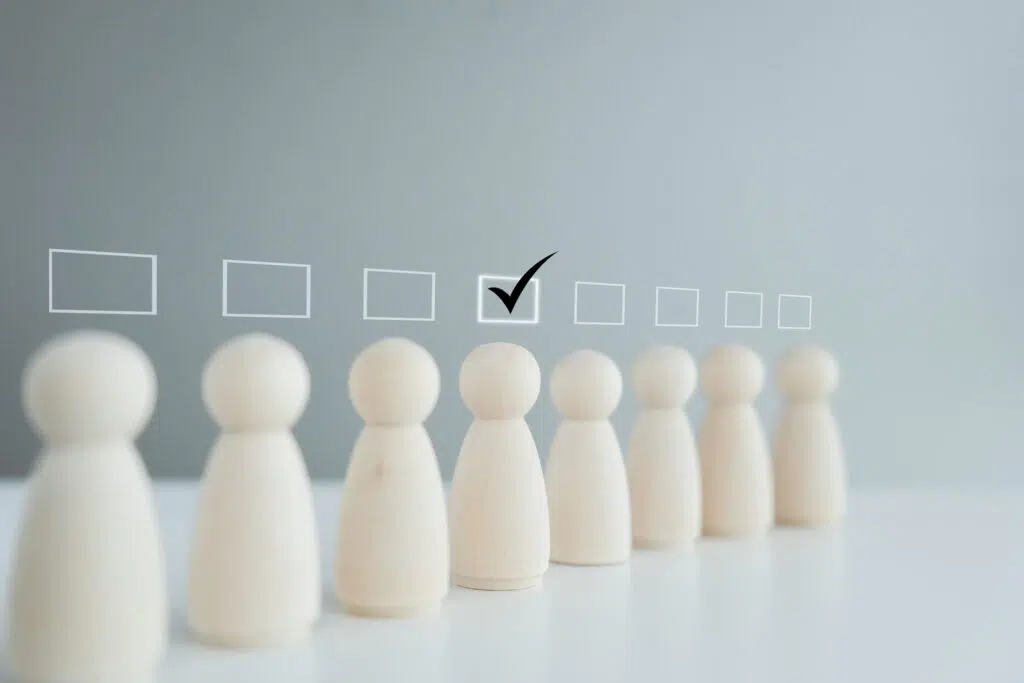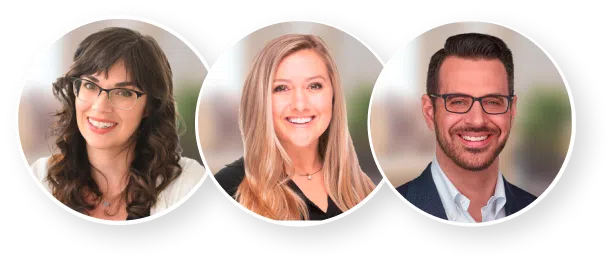How To Find A Psychiatrist In East Village

When searching for a psychiatrist, it’s important to consider certain factors. These include areas of expertise and location. Your psychiatrist’s location is a crucial consideration during your search. In this article, we talk about how to find a psychiatrist in East Village, New York, and our tips for narrowing down your search.
Why Visit A Psychiatrist
There are several reasons why you’re considering visiting a psychiatrist. If you have a mental health condition such as depression, anxiety, obsessive-compulsive disorder (OCD), and post-traumatic stress disorder (PTSD), it may be recommended that you speak with a psychiatrist. This could come as a referral from your physician.
Some common reasons to visit a psychiatrist include:
- Significant changes in mental health symptoms
- Difficult coping day-to-day
- Substance abuse
Psychiatrists can specialize in different areas such as child psychiatry or forensic psychiatry. As a medical doctor, a psychiatrist can diagnose, treat, and provide a treatment plan for a range of mental health conditions. They can also prescribe medication and manage treatment. Speaking with a psychiatrist doesn’t mean you will automatically go on medication, but that they have the ability to prescribe medication if required by the individual and condition being treated.
For example, a psychiatrist may prescribe antidepressants to an individual suffering from moderate to severe depression. Antidepressants may also be prescribed to those with ADHD or anxiety. Another example is antipsychotic medications which can be prescribed for acute and chronic treatment of psychosis symptoms like hallucinations, distorted thinking, and delusions.
Psychiatry In New York
When you’re looking for a psychiatrist in East Village NY, you need to find someone based in New York for two reasons.
The first reason is that there are rules and regulations around psychiatry. As a psychiatrist is a medical doctor, they need to be licensed in the state where the client resides. So, if you live in New York City, your psychiatrist needs to be licensed in New York.
The second reason is that the location of your therapist is important for being consistent with your visits. If it takes you a long time to make it to an appointment, it could create a barrier that impacts your commitment or ability to see your psychiatrist in person. For instance, if you live in the East Village, your psychiatrist could be based in the Lower East Side, Tribeca, or West Village.
Look for good transport links and try to remove any barrier that could stop you from being consistent. If you live in the East Village and work near Washington Square Park in Greenwich Village, traveling to SoHo to visit a psychiatrist is completely achievable. Consider somewhere that’s within traveling distance of your home or work, so you can integrate it more easily into your routine. The aim is to make something that is daunting and, at times overwhelming, as simple as possible.
In-Person Vs Telehealth Psychiatry
Like therapy, you will come across telehealth psychiatry. You typically have the option to see a psychiatrist in-person or via telehealth. You would still need your psychiatrist to be licensed in your state for both online and in-person psychiatry services.
Recent proposals by the DEA say that if you need to be prescribed a controlled substance, you have to see a psychiatrist in person or be referred by a doctor who has seen you in person. Essentially, either your psychiatrist or doctor would need to see you in person before you can be prescribed any controlled substances.
Controlled substances are tightly regulated by the government because they can be abused. Stimulants like Adderall and Xanax are controlled substances. For example, Adderall is a stimulant drug that is generally prescribed for individuals with ADHD. If that individual had not seen a doctor or a psychiatrist in person, they cannot be prescribed Adderall under the proposed rules via telehealth consultation only. So, when looking for a psychiatrist, you may also need someone local to you even if you choose to continue your appointments via telehealth.
For ongoing appointments, telehealth psychiatry is a good option for speaking with a mental health professional without the hassle of waiting rooms or traffic. Some psychiatrists will do consultations over the phone or using video calls.
5 Steps: How To Find A Psychiatrist In East Village
- Narrow Your Search
Although you have your location in mind, which is likely near your home or work, you can narrow your psychiatrist search further by specialty. For instance, if you have a specific mental health diagnosis, you may feel more comfortable with someone who deals with that regularly. The same could apply to gender and ethnicity. Think about what’s important to you and what makes you feel comfortable.
- Ask For A Referral
Typically, if you start to exhibit signs of mental or physical distress, most people will go to their physician or local health provider. Many people don’t know when or if they should speak to a psychiatrist, which is completely normal. One way to find a psychiatrist is through a referral from your doctor. Another option is to ask a trusted friend or someone in your community who may have been dealing with similar issues.
- Use Reliable Online Databases
There are several online databases to find mental health professionals like therapists and psychiatrists, including American Psychiatric Association and Psychology Today. These are large online databases with lots of information and can be a good place to see various options available.
- Fill Out Our Matchmaker Questionnaire
A simple way to find a psychiatrist is by filling out our Matchmaker questionnaire. You answer a few questions based on your unique situation. Then, Thriving Center of Psychology will provide you with some matches. You can choose to have a consultation and move forward on your mental health treatment.
- Prepare For Your First Appointment
After finding a psychiatrist and committing to your first appointment, you can start to prepare. Taking the first step to see a psychiatrist is brave and something to be proud of. It’s normal to feel anxious or overwhelmed about your first appointment. You may find it helpful to do a little preparation. Expect your psychiatrist to ask you plenty of questions in your first appointment, so know your medical history and write down a few notes about your symptoms. Your psychiatrist will want to know why you’re there and your symptoms. If you have a recent mental health condition diagnosis, bring any information you have.
Psychiatry Services At Thriving Center Of Psychology
Finding the right psychiatrist can be tricky. The right fit, location, and experience are all important during your search. Keeping these factors in mind when looking for a psychiatrist is essential. Cast your net in the areas that make sense to you so that any travel or commute can fit into your routine. If you live in East Village NY, think about the neighborhoods close to you where there’s a subway stop or maybe somewhere within walking distance.
A psychiatric consultation can help get a medical perspective, discuss your symptoms, and create a treatment plan. A treatment plan can include recommendations for therapy and, if required, medication.
At Thriving Center of Psychology, we currently offer psychiatric services at our New York and California offices. Book an appointment online to speak with a mental health professional.

Finding a Bilingual Therapist in New York City
a city where people speak over 200 different languages, finding a bilingual therapist in New York is more than a convenience – it can be a game-changer for mental health

The Link Between Social Media and Depression
In today’s world, scrolling through social media is as routine as brushing our teeth. We open apps out of habit — on the train, in bed, while waiting in line. Platforms like Instagram, TikTok, and Facebook keep us connected, informed, and entertained.

Signs Depression is Taking a Toll on Your Relationship
Depression can impact every part of a person’s life, from their work to their romantic relationships. Dealing with depression can take its toll on both the person with depression and the supporting partner. If you’re worried that depression is affecting your relationship, understanding its impact is an important first step.

Anxiety Attack and Panic Attack Differences
’s easy to mix up anxiety and panic attacks. While anxiety attacks and panic attacks do have overlapping symptoms, they are different. Let’s get into the differences between anxiety and panic attacks so you can be in a better position to get the help you need.





